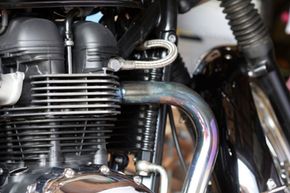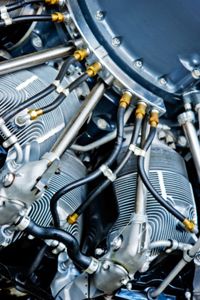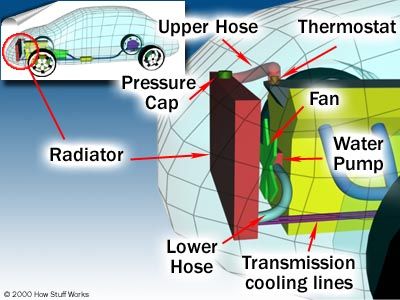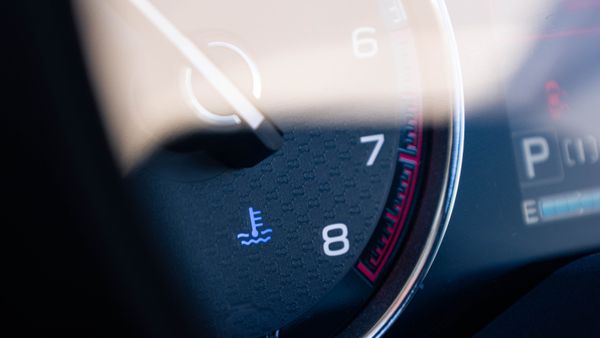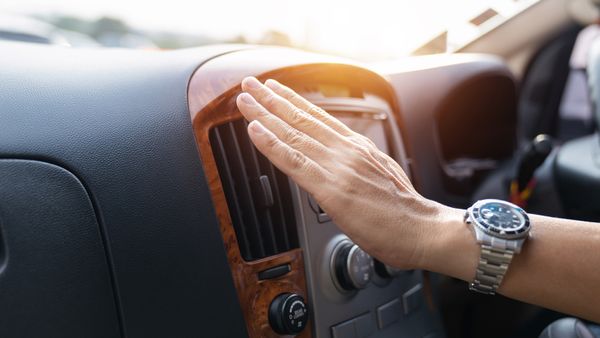Maybe you haven't given much thought to how your engine keeps its cool. That's understandable. As long as it works, there's no point in thinking too much about it, right? But do you even know what kind of cooling system your car has?
If you have a modern car, you probably have a water-cooled engine that uses a water and coolant mixture to, well, cool the engine. But some engines don't need coolant. They don't have radiators and they don't regulate the internal temperature of the engine. It sounds a little like magic, but it's not.
Advertisement
It's a throwback technology that's really no technology at all. These engines are called air-cooled engines and chances are you've seen one, even if you didn't recognize it.
